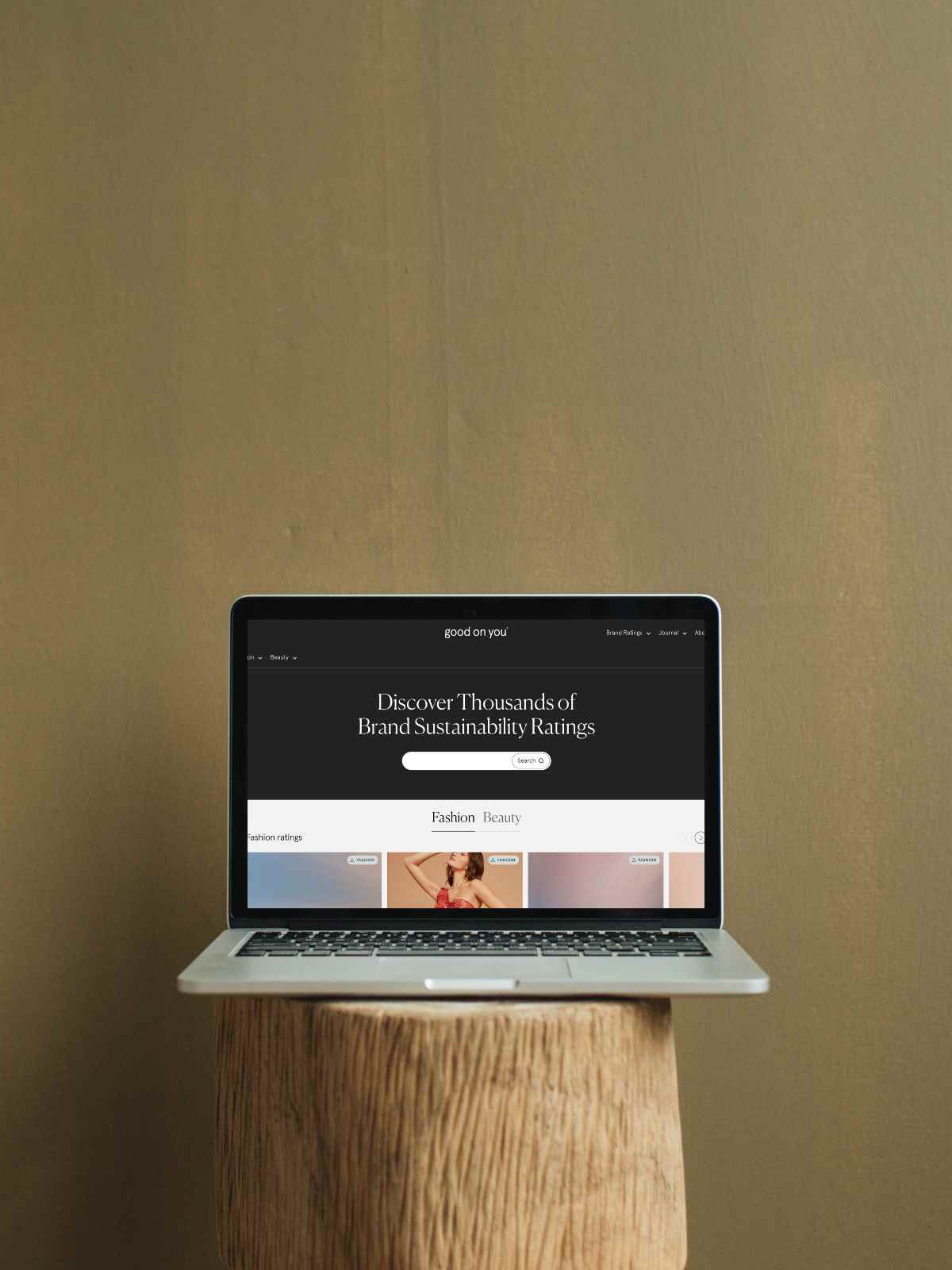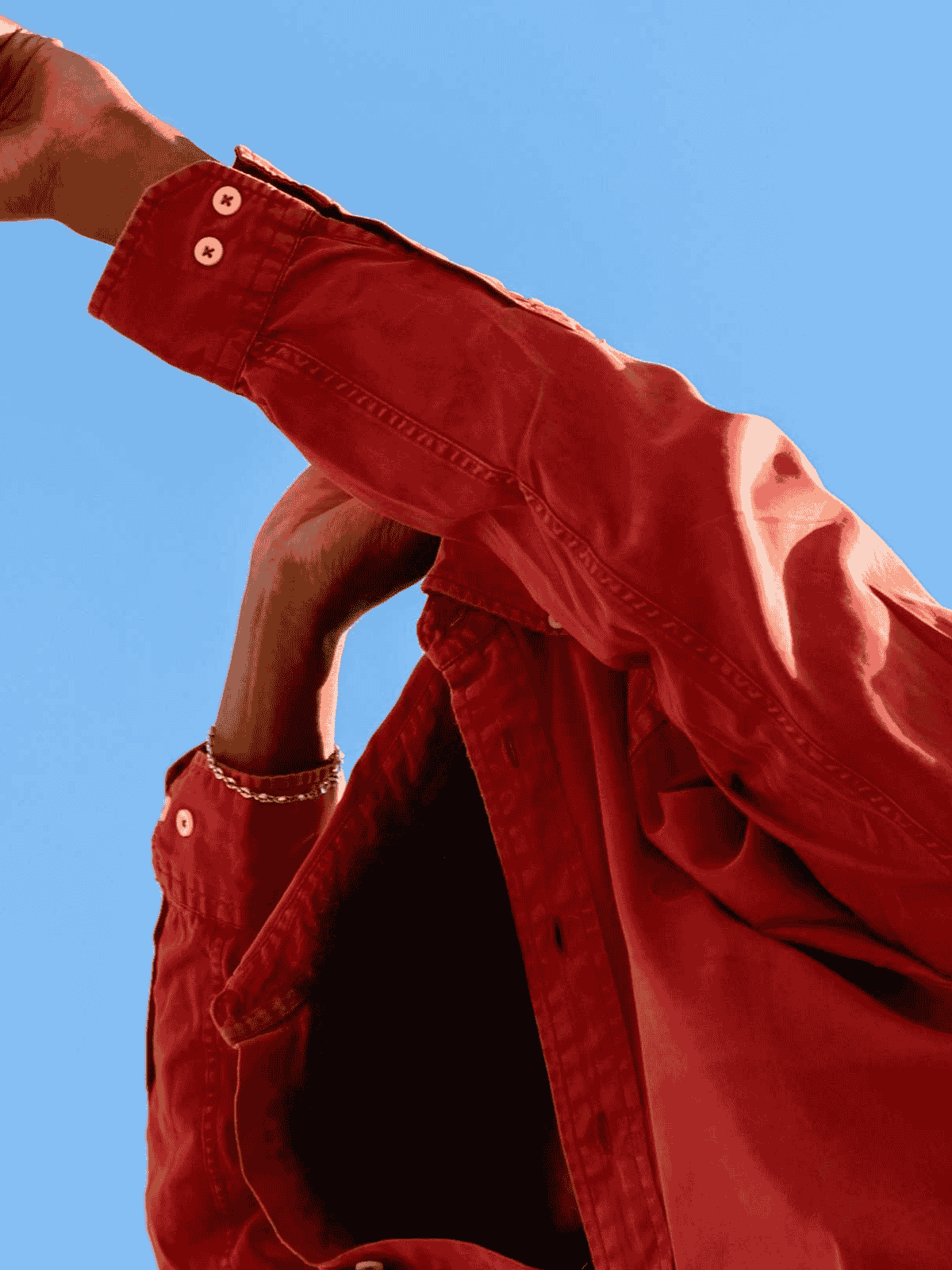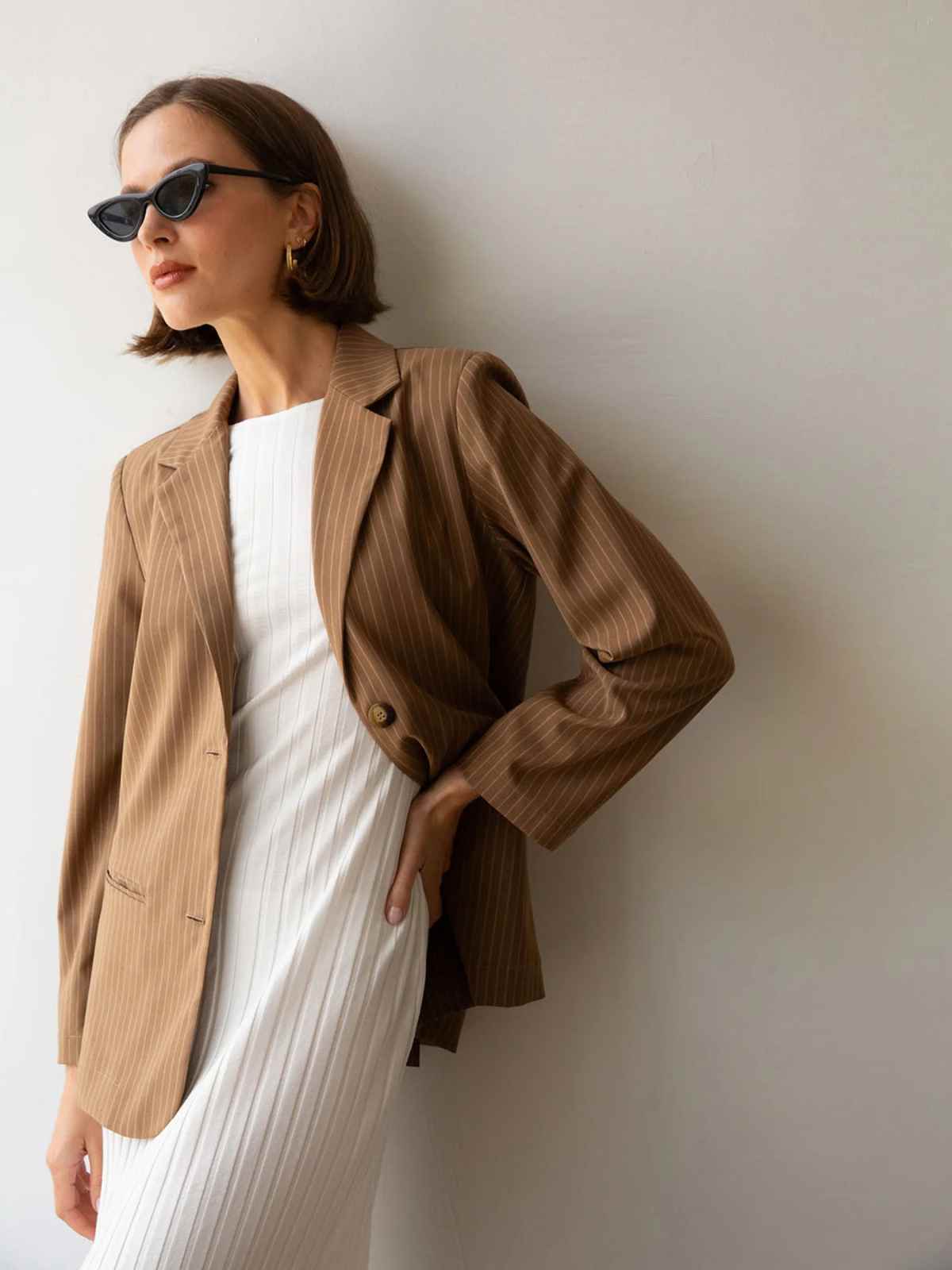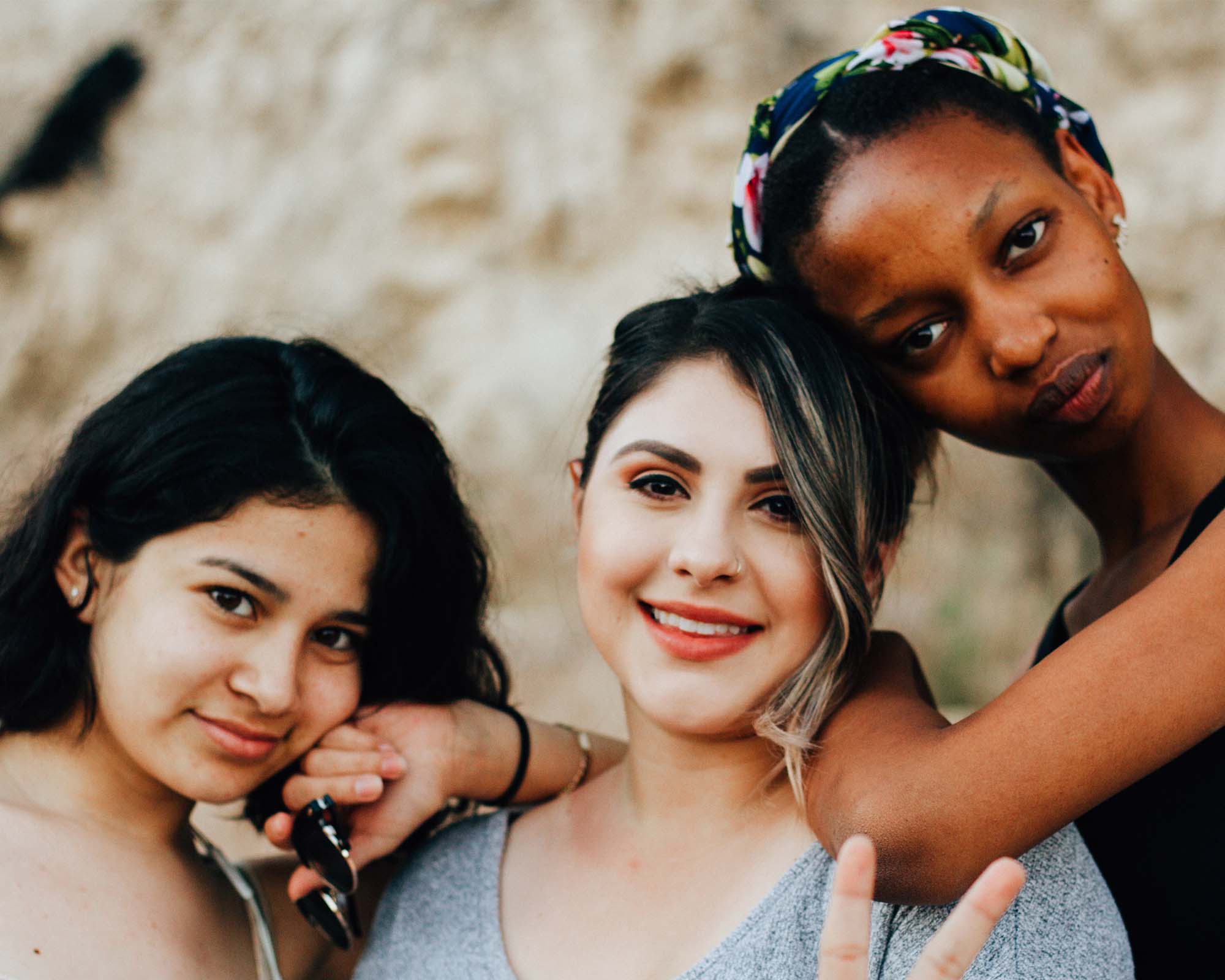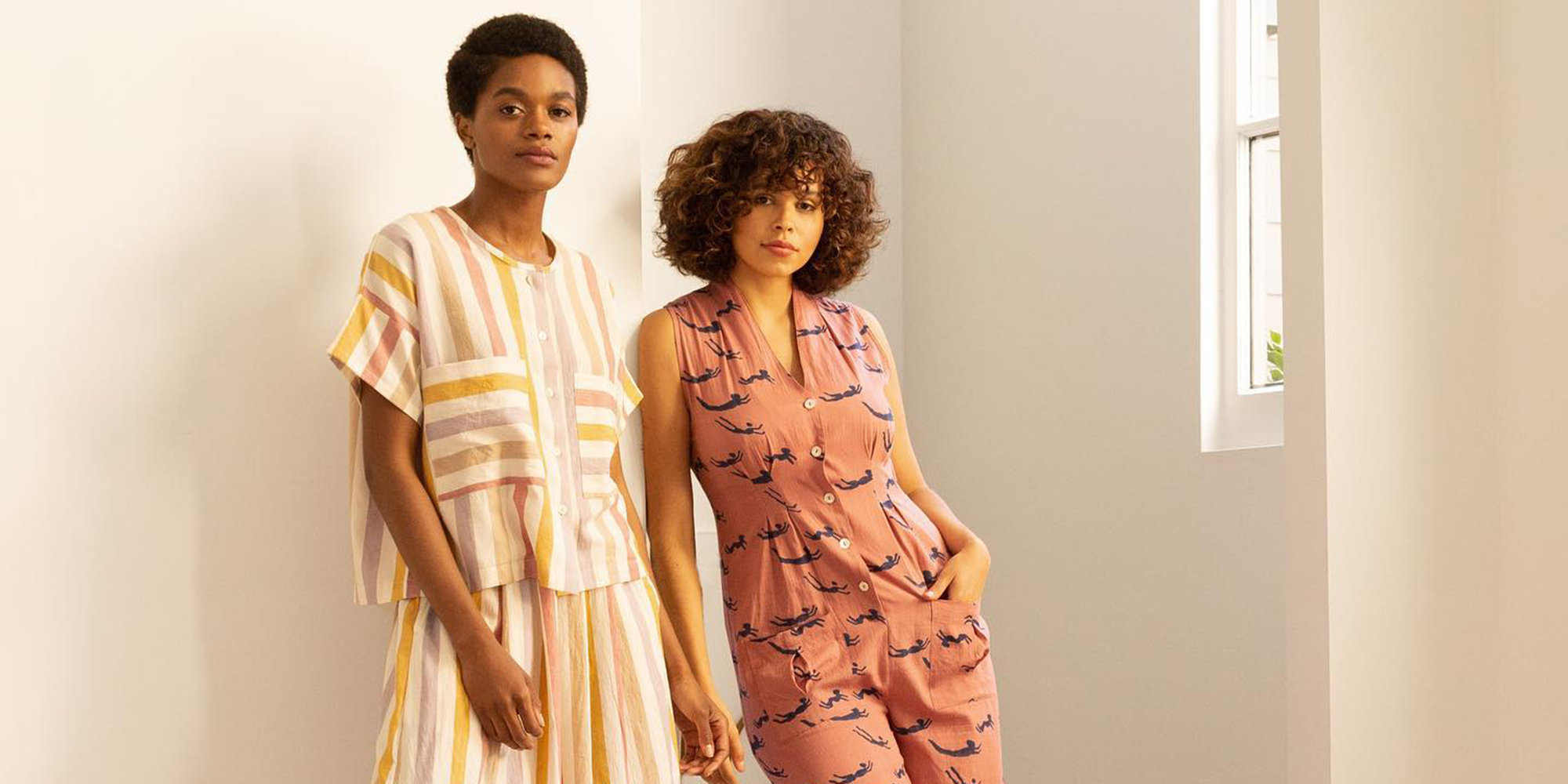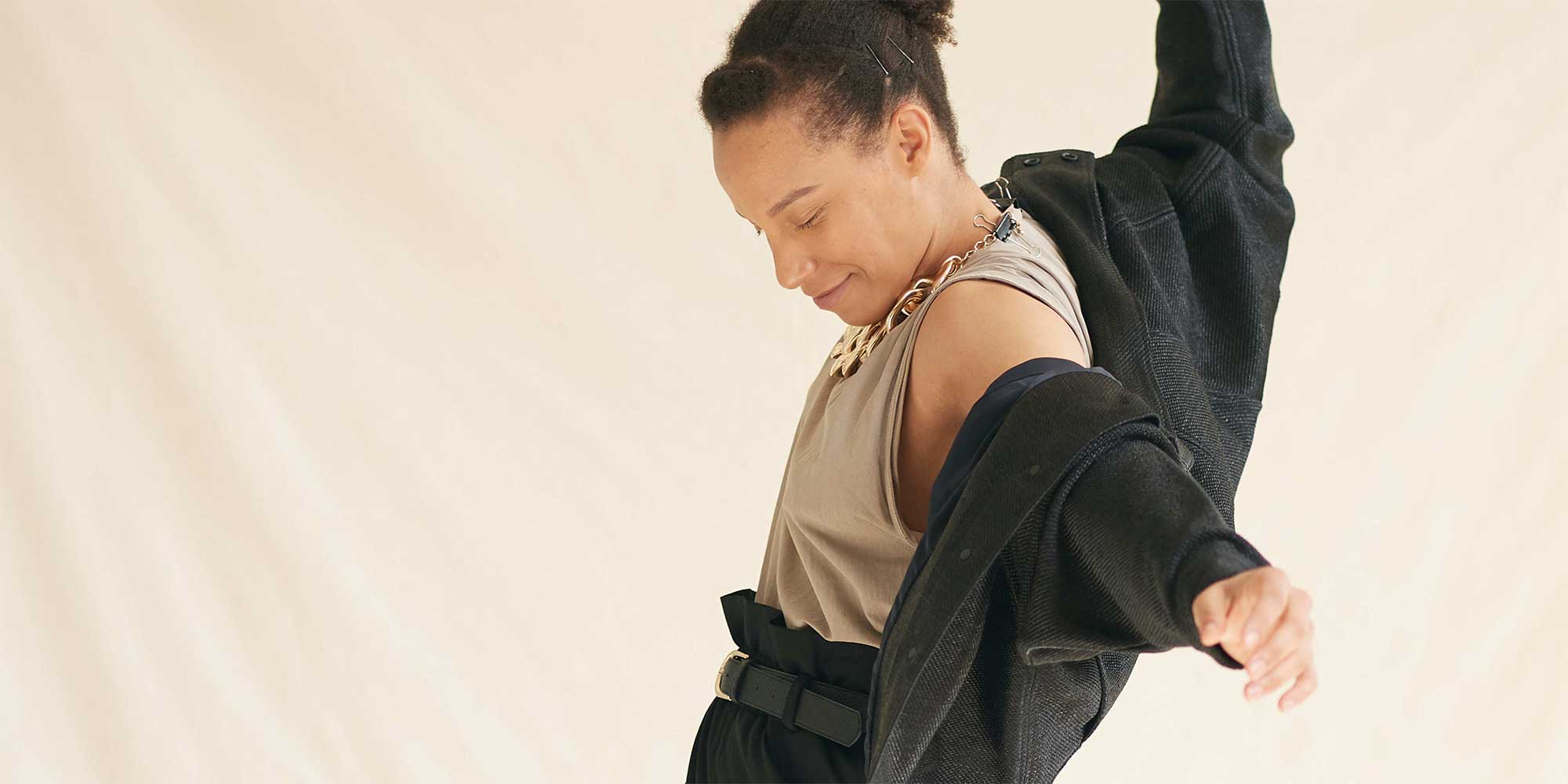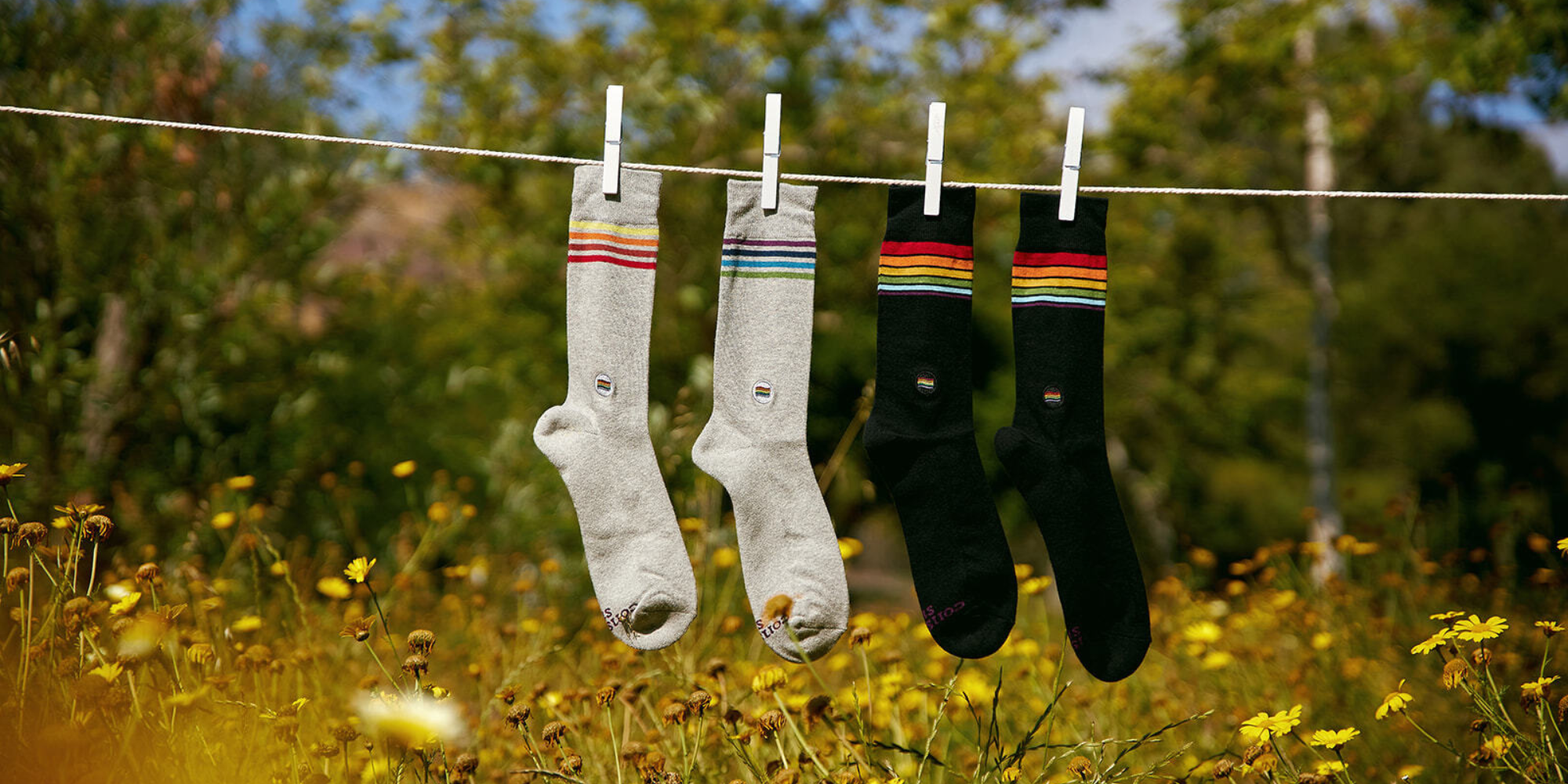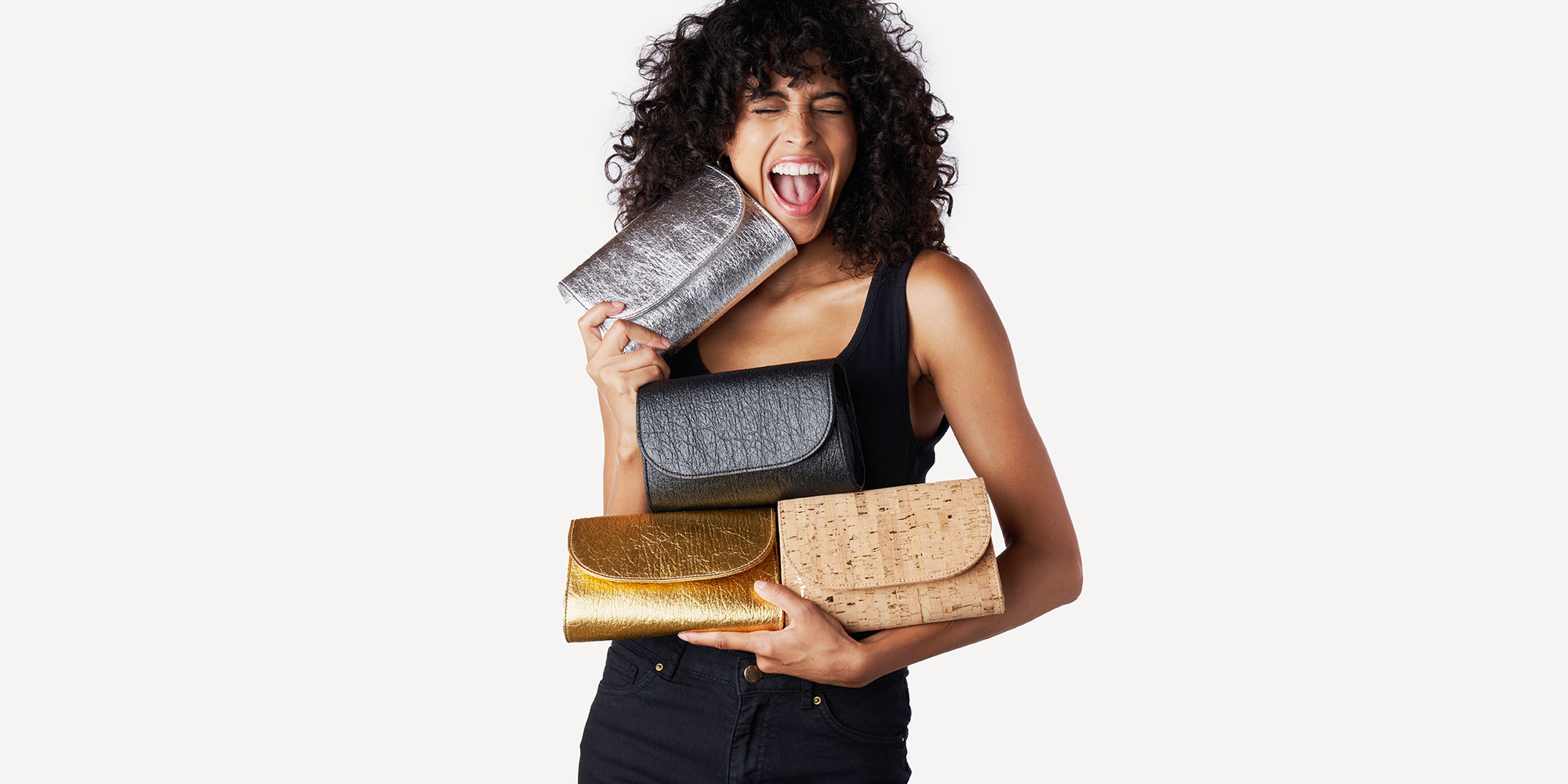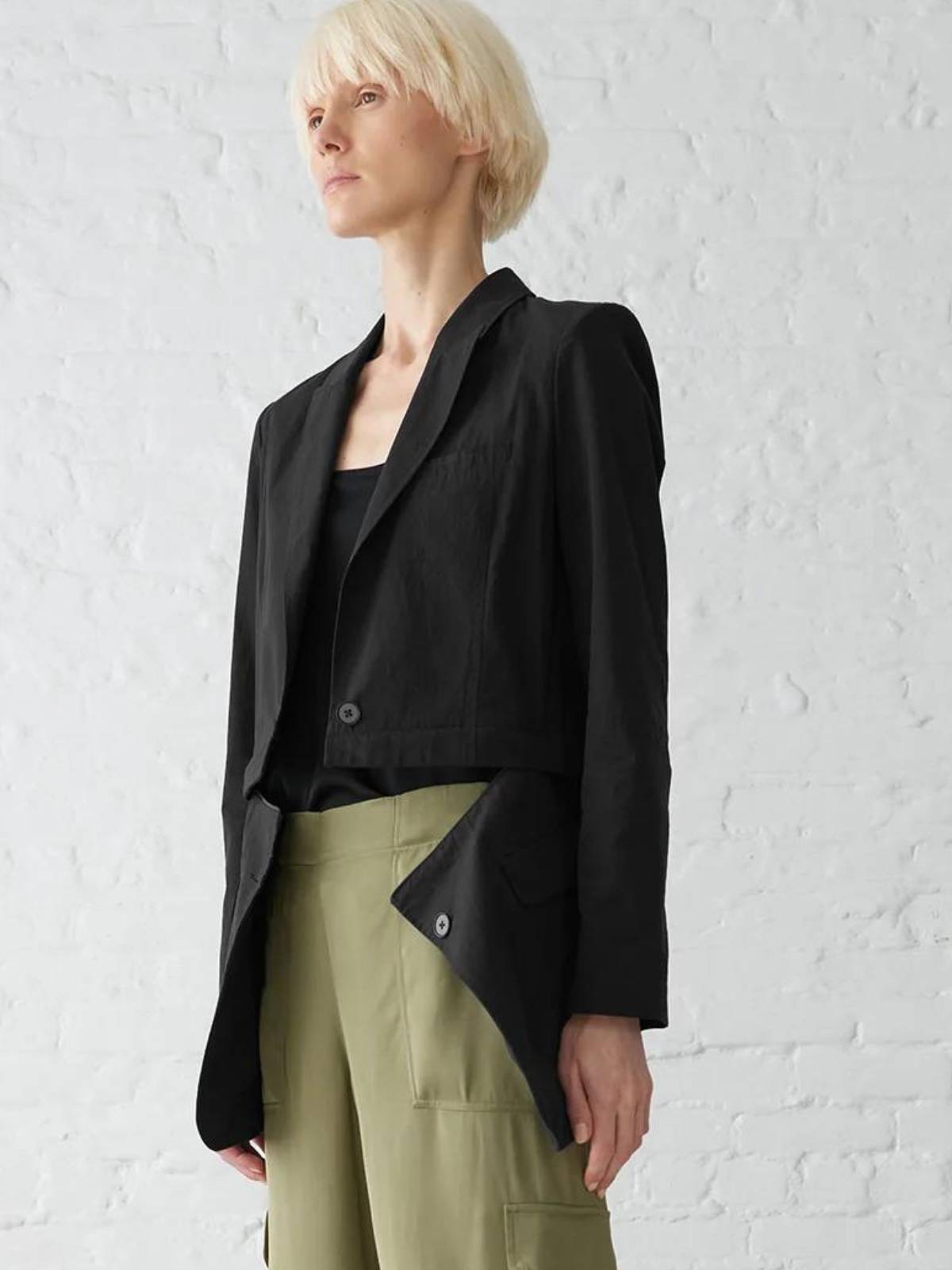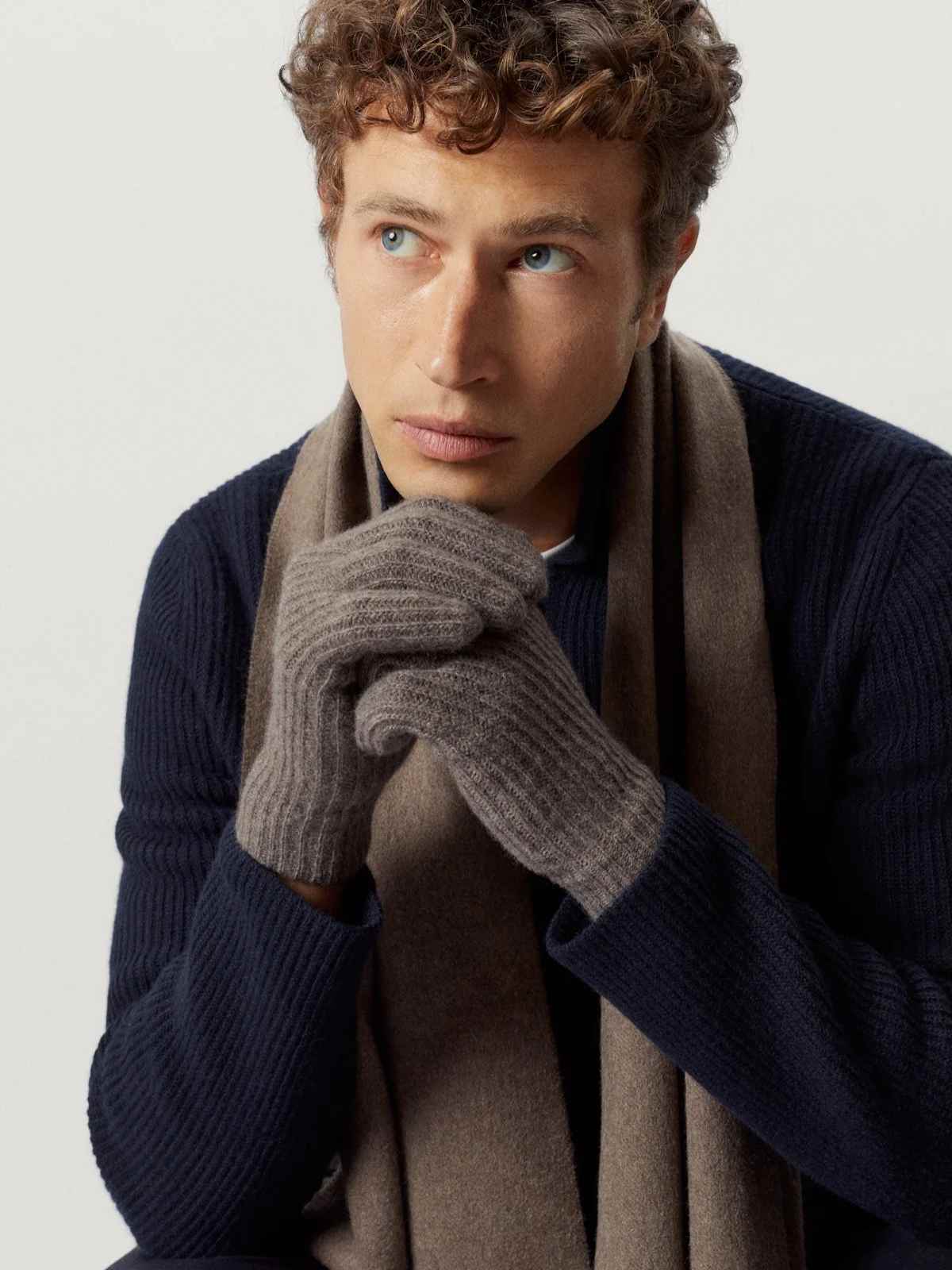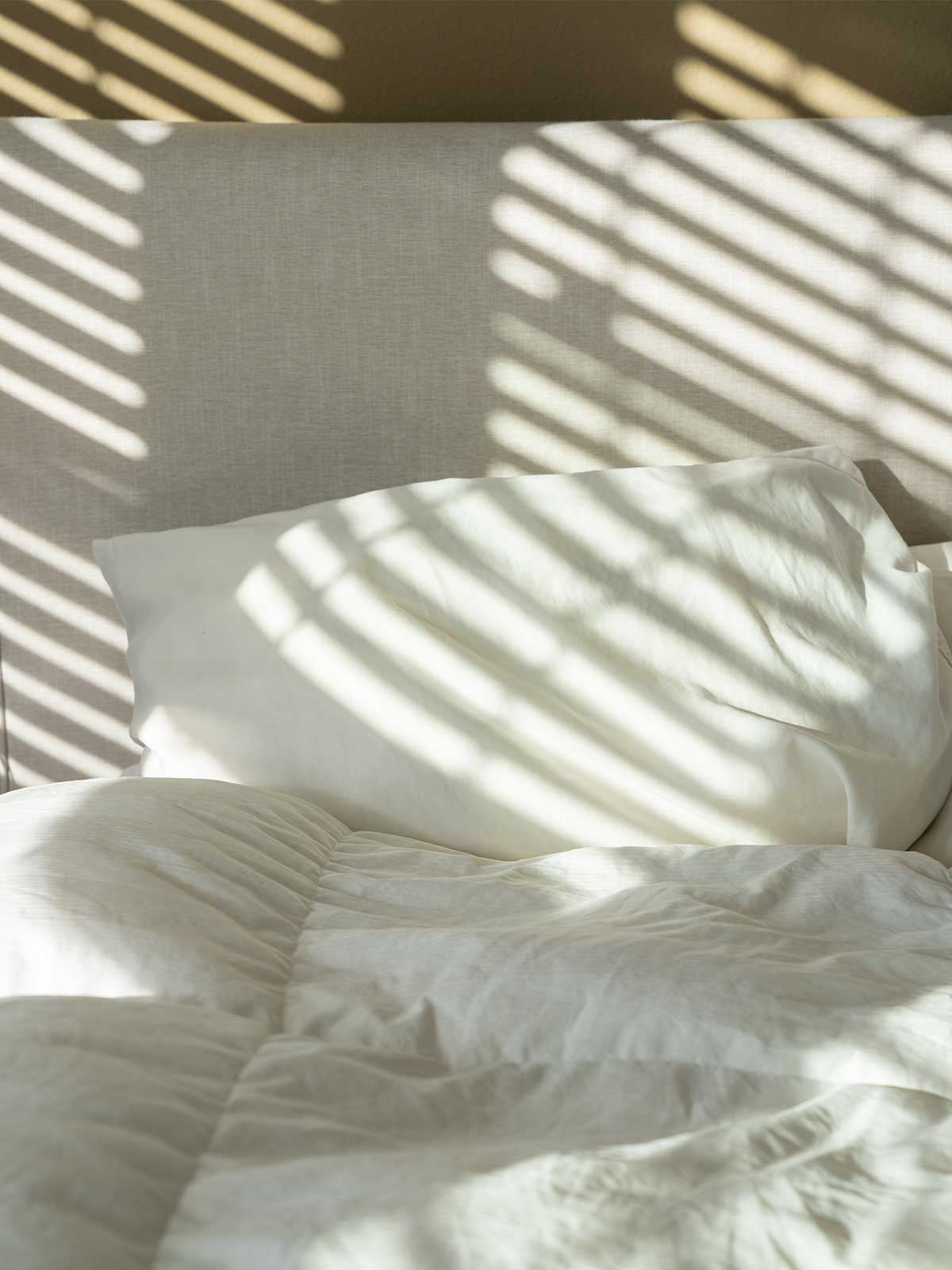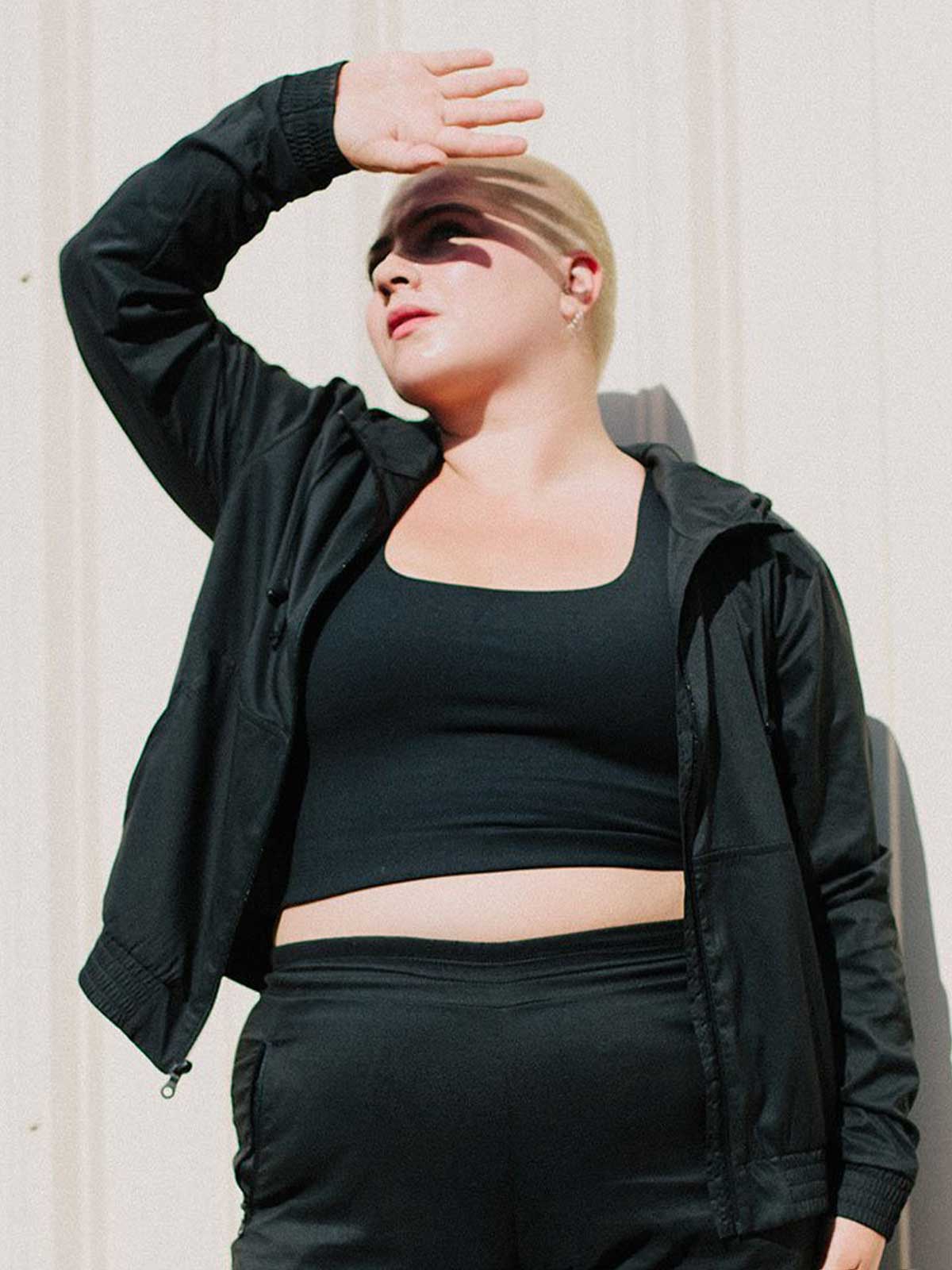In garment factories across South Asia and India, millions of women work long hours for minimal wages, in uncomfortable and often dangerous conditions. This is a feminist issue.
International Women’s Day calls for people around the world to spread the important message that “an equal world is an enabled world”. The #EachforEqual campaign highlights that everyone can actively choose to challenge stereotypes, fight bias, broaden perceptions, improve situations, and celebrate women’s achievements.
By now, most of us know that fast fashion is a feminist issue. In garment factories across South Asia and India, millions of women work long hours for minimal wages, in uncomfortable and often dangerous conditions, making “fast fashion” clothing for people in developed nations to wear. So, what are the facts? And which brands should we support in the fight for equality?
Worked to death
According to campaign Labour Behind The Label, approximately 80% of garment workers are women aged 18-35. Many have children and families to provide for and are the main income earners. In Bangladesh, this main income equates to around 5,000 takas ($97) per month.
Labour Behind the Label’s report into garment factory working conditions in Cambodia found that poor ventilation and heat, lack of access to water, overwork, and chemical exposure in the factories lead to frequent fainting and malnutrition among workers.
Then there’s the real and present threat of death, as shown by devastating disasters like the 2013 garment factory fires in Pakistan and the collapse of the Rana Plaza factory in Bangladesh. 80% of the 1,129 people killed when the factory crumbled were women, along with a number of children.
Rana Plaza was a shocking wake-up call for the fashion industry. It put a glaring spotlight on unethical and dangerous third world labour practices. Since then, many clothing brands have attempted to better control and influence their supply chain. However, there are still dozens of Australian labels (and international brands) that don’t know or don’t care who makes their product and under what conditions.
Be empowered
How can we help Bangladeshi women earning 25 cents an hour? You can begin simply by no longer buying fashion brands known to exploit lower-income countries’ labour, for example by failing to pay a living wage. Consumer resources like Good On You rate thousands of brands on their manufacturing transparency and labour practices so shoppers have a better understanding of who made their clothes.
It’s a fair assumption that the cheaper the clothing, the higher the chance it was made by an exploited woman. But bear in mind upscale brands have shady manufacturing trails, too.
Brands for and by women
If you’re looking to take your conscious consumerism a step further, there are a plethora of brands that actively support and empower female workers. It’s also worth mentioning that all of the brands below make beautiful clothing and accessories that rival any high street chain!

